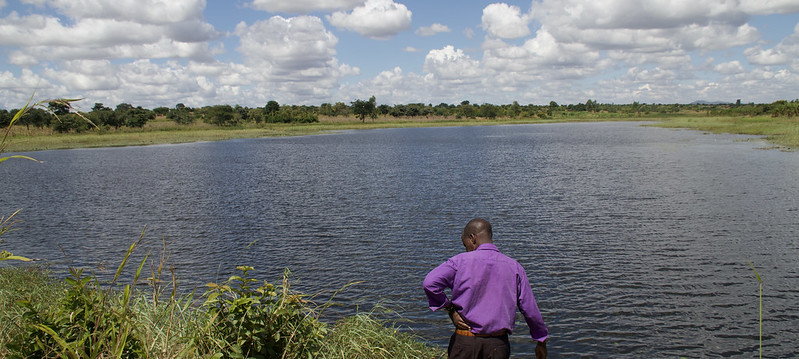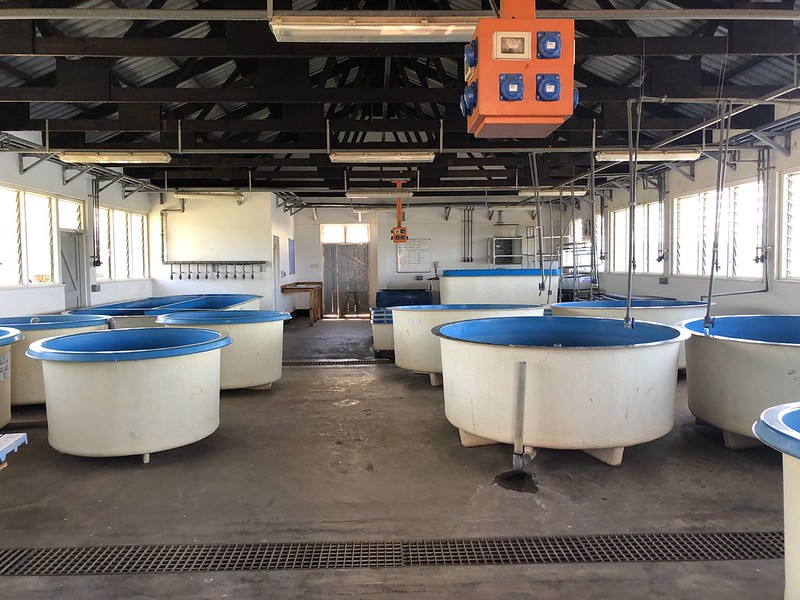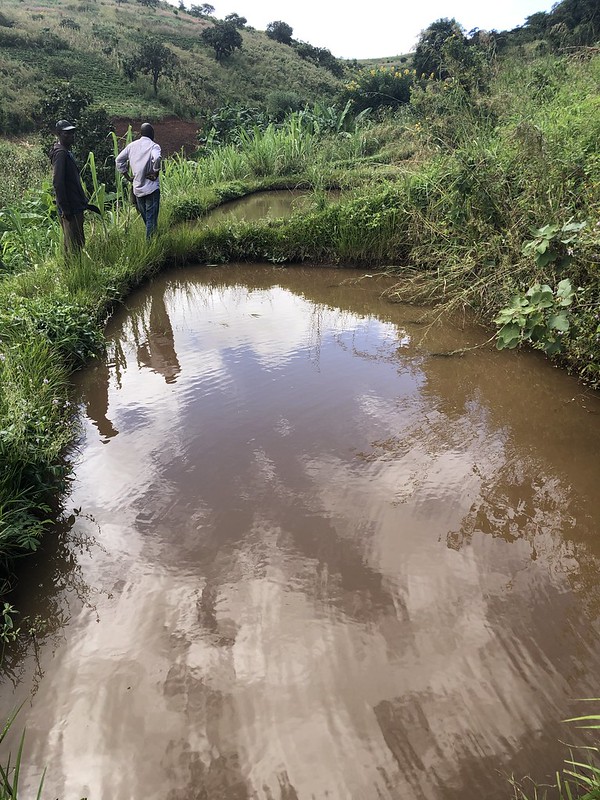
Lilongwe, Malawi … It is no secret the majority of Malawi’s 20 million people suffer from various food deficiencies. One of the major problems comes from the lack of protein in a family’s diet. This comes in spite of having the fifth largest freshwater lake in Africa and having a larger variety of freshwater fish than all of Europe and North America combined. However, Lake Malawi faces a crisis. Overfishing is rapidly depleting what was once an abundance of fish. Add to this growing shortfall the inability to properly refrigerate the fish that are caught, and the difficulty being able to transport them over the mountains, and you have a fish shortage and a dietary crisis.

The Malawi Project and Action for Progress are searching for ways to address the food crisis. Along this line Jan Dean, a U.S. expert in fish farming recently visited the country in a whirlwind tour to evaluate ways the U.S. could help AfP and Malawi to address the problems and opportunities afforded with fish farming. Dr. Dean gained his education at Virginia Tech University in Blacksburg, Virginia. He taught at the Oklahoma Department of Wildlife Conservation, followed by Northwestern State University in Natchitoches, Louisiana.
During his visit to Malawi Dr. Dean met with administrative members of the fisheries division of the Lilongwe Agricultural University (formerly Bunda College of Agriculture), the leading fish farming facility in the country. The reception to his inquiries were warm, friendly, and the staff assured him of their desire to work together on programs of fish farming. In fact, according to university officials the Malawi government is currently focusing on fish farming as a way of improving the Malawi diet.
After the successful meeting at the University Dean traveled out into the field to meet with committee members of Joseph Project 2*, north of the capital. They expressed the same desire as had the university officials, as they escorted him to inspect a nearby earthen reservoir. The site proved to be an excellent location for fish farming.

Next, he traveled into the Dowa Mountains to explore sites near Joseph Project 1*, and the next day concluded with meetings with a group from Nkhata Bay, in northern Malawi, who are preparing to embark on cage farming along Lake Malawi.
The reception from every group was overwhelmingly positive and every group expressed the desire to take the next step. For Dean, the trip proved both enlightening, informative, and impressive. Action for Progress and the University are currently preparing a Memorandum of Understanding to form the groundwork for a workable program of cooperation in this area.
- Joseph Projects are the formation of agricultural co-operatives in order for groups to work together to raise, store and market their crops. Each Joseph Project site has constructed a large storage warehouse to hold their crop harvests, along with combining their resources to raise and harvest higher crop production. These programs are supported by the Malawi Project and overseen by Action for Progress.
